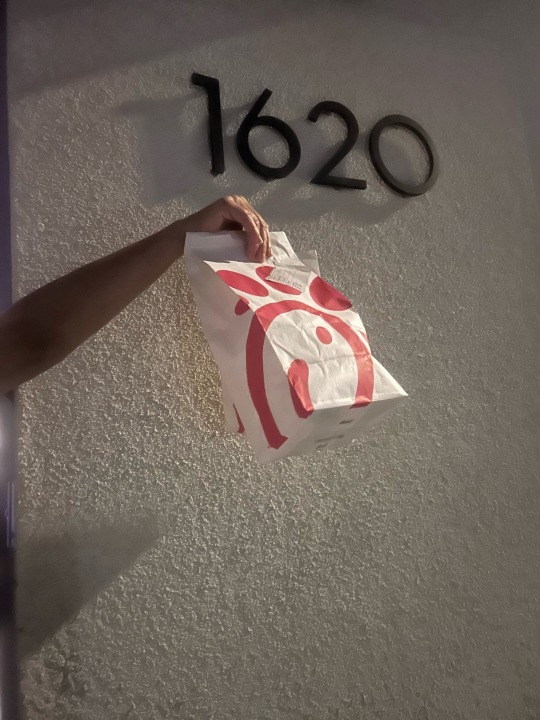Text
William Wright I would like to thank you for learn sign language and helped me to do speech skills. A lot of parents don't willing to Learn sign language for their deaf/HH children. Because of not aware about language. The babies learn faster sign language from 3 months to 2 years old. It helps to develop English language better and speech skills too. That's why I encouraged to my son, Kazu to be aware beautiful languages: Chinese, English and sign language. He needs to understand who he is. He is half Chinese/American/ 1/4 Japanese. Anyway, if I don't aware about sign language and turned to be Hard of hearing and native about deaf culture. I won't understand where the deaf people coming from. That's why u prefer to commutation me as well as we can talk in speech and sign language. Anyway, Happy Father Day! Hugs

0 notes
Text
Japan recognizes cryptocurrencies like Bitcoin, Ethereum, and others as legal property under the Payment Services Act since 2017. They’re not legal tender but can be used for payments where accepted. Major cryptocurrencies available include:
Bitcoin (BTC): Widely accepted by merchants like Bic Camera and some restaurants.
Ethereum (ETH): Common on exchanges, less used for direct payments.
Ripple (XRP): Popular due to Ripple’s partnerships with Japanese banks.
Stablecoins: Tether (USDT) and USD Coin (USDC) are available on exchanges, with growing interest in stablecoin projects like DCJPY (a yen-pegged digital currency in pilot phase).
Altcoins: Cardano (ADA), Polkadot (DOT), and others are traded on registered exchanges.
Over 30 crypto exchanges operate legally, including BitFlyer, Coincheck, and Rakuten Wallet, regulated by the Financial Services Agency (FSA). About 50 crypto ATMs exist, mostly in Tokyo and Osaka, supporting BTC and ETH. Roughly 3-5% of Japanese own crypto, per 2024 surveys. Adoption is limited by cash preference and high taxes on crypto gains (15-55%). Businesses accepting crypto are niche, and daily use lags behind mobile apps like PayPay
0 notes



















